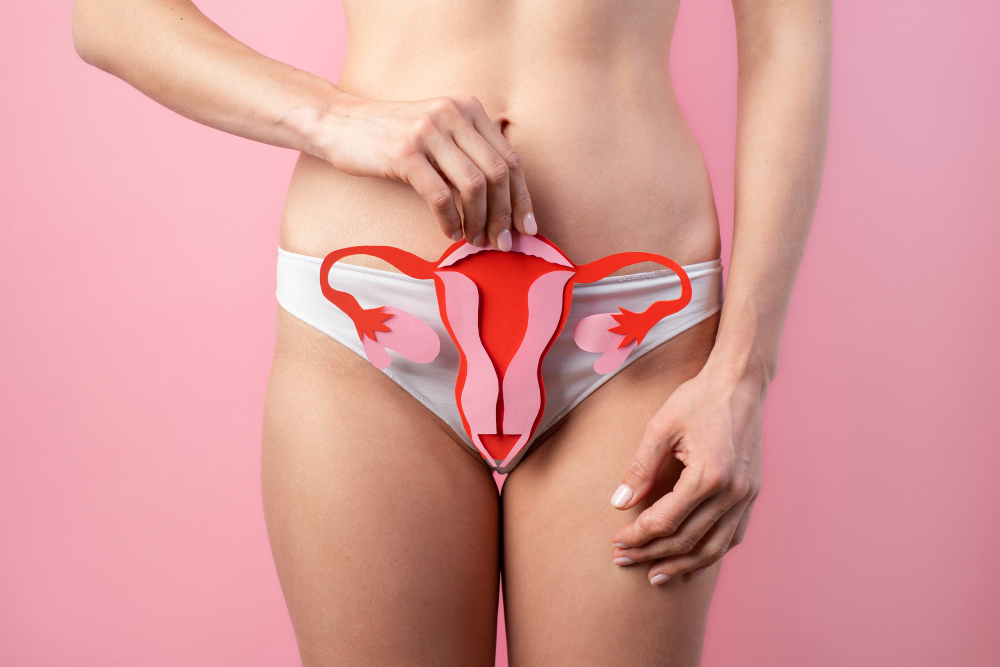Vaginal Dryness
Vaginal Dryness Treatment: Causes and Treatment Methods
Vaginal dryness is a common problem that affects women's sexual lives. Vaginal dryness, caused by a decrease in vaginal moisture, can cause symptoms such as painful sexual intercourse, itching, and burning sensation. In this article, we will provide detailed information about the causes and treatment methods of vaginal dryness.
Causes of Vaginal Dryness
Vaginal dryness can occur due to various reasons such as changes in women's hormone levels, menopause, pregnancy, breastfeeding, birth control pills, and chemotherapy. In addition, smoking, stress, antibiotics, and some medications can also cause vaginal dryness.
A decrease in estrogen levels can cause vaginal walls to thin and dry out. This condition can occur in women during menopause and when using birth control pills. Hormonal changes during pregnancy and breastfeeding can also cause vaginal dryness.
Chemotherapy and radiation therapy can also cause vaginal dryness. These treatments can cause changes in hormone levels in the body while destroying cancer cells.
Treatment Methods for Vaginal Dryness
There are many options available for the treatment of vaginal dryness. The treatment method may vary depending on the cause of vaginal dryness, symptoms, and individual preferences. Here are some methods used for the treatment of vaginal dryness:
Vaginal moisturizers: Vaginal moisturizers are creams, gels, or lotions that increase moisture in the vagina. These moisturizers can be used before or after sexual intercourse. Moisturizers recommended for women after menopause are a safe option since they do not contain estrogen.
Vaginal lubricants: Vaginal lubricants are gels or lotions used during sexual activity. These lubricants can help reduce vaginal dryness and prevent painful sexual intercourse.
Hormone therapy: Vaginal dryness may be due to hormonal imbalances. Therefore, hormone therapy, which increases estrogen levels, is also used in the treatment of vaginal dryness. Hormone therapy can be applied in the form of creams, gels, or tablets containing estrogen. However, hormone therapy can cause side effects in some women, and risks need to be carefully evaluated.
Herbal remedies: Some herbs can help prevent and alleviate symptoms of vaginal dryness. For example, an extract from soy can reduce vaginal dryness. It is important to consult your doctor before using these herbal remedies.
Lifestyle changes: Some lifestyle changes can also help reduce vaginal dryness. For example, avoiding smoking, managing stress, and regular exercise can reduce vaginal dryness.
In conclusion, vaginal dryness is a problem that affects women's sexual lives. However, treatment options are available and may vary depending on individual symptoms, preferences, and health status. If you have concerns about your vaginal dryness, it is important to talk to your doctor.
Information & Appointment Form
 >
>

